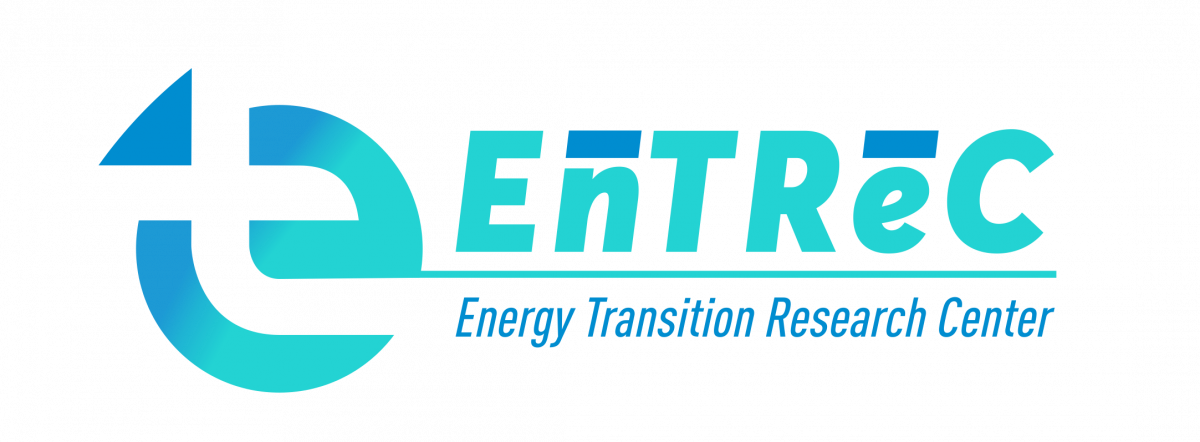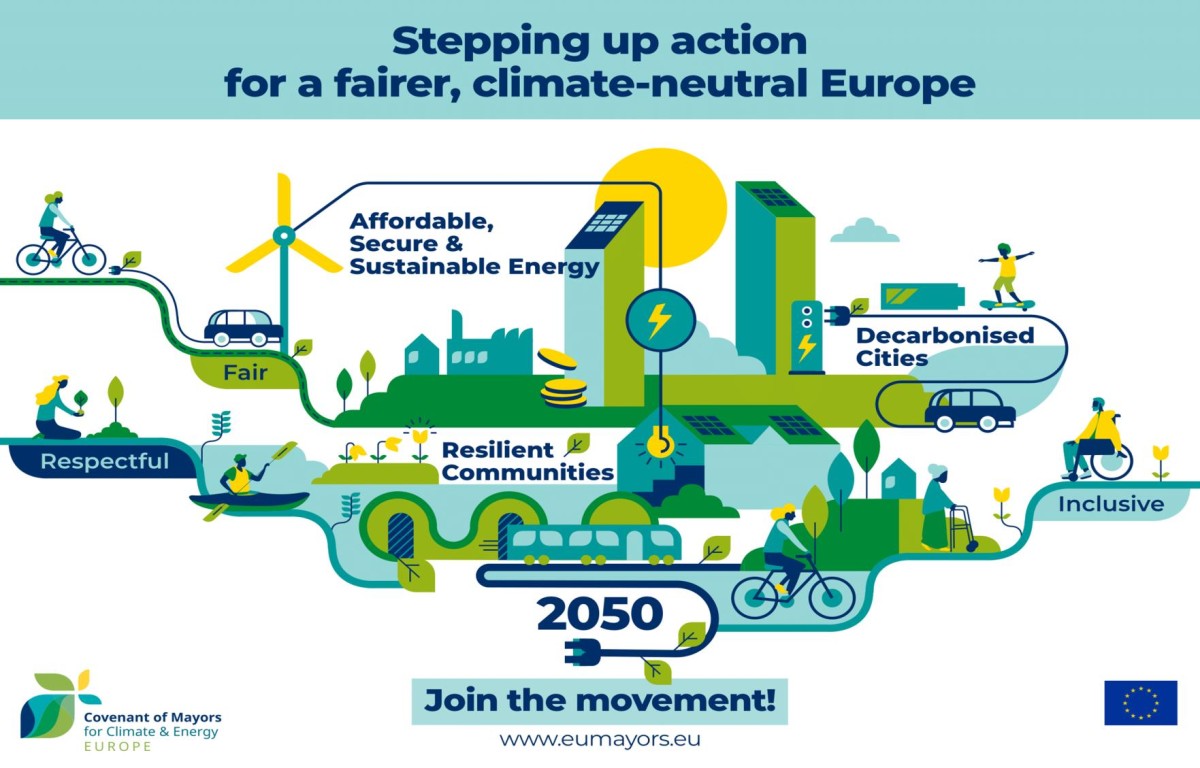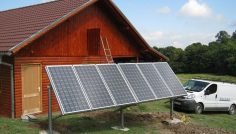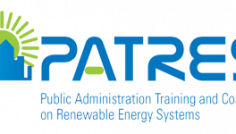Conținutul în limba română nu a fost încă furnizat.
The Energy Transition Research Center investigates a vast range of subjects that covers Electromagnetic Compatibility, Interference Problems and Numerical Modelling in Electrical Engineering and Power Systems.
We are described by the passion and the enthusiasm for what we do, supported by our skills and held results that with each new experience we develop and harness at a personal level for the University’s and the Community’s Interest. We prove courage in development by undertaking performance in energy related fields through applied scientific research and a permanent open eye for new opportunities that could be transposed in scientific knowledge or feasible and efficient solutions for the industry.
EnTReC started in 2010, as Numerical Methods Research Laboratory (LCMN – Laboratorul de Cercetare in Metode Numerice), in developing relevant activities in the field of energy efficiency. Former experience in energy efficiency projects determinates the establishment of a new research structure that overcomes the actual challenges holistic approach. Newly formed entity EnTReC coagulates the expertise of LCMN and other valuable research laboratories of UTCN, for a smart and smooth energy transition. One of the main focus areas of EnTReC is applied research in renewable energy sources and energy management in order to provide support to companies, energy institutions and communities and to contribute on digitalization endorsement of energy sector.
EnTReC mission is to significantly contribute through evidenced based research to the energy transition in the energy sector, industry, buildings and local communities, in a sustainable approach focused on development, testing and replication of innovative instruments, energy and digital technologies. Research center expertise and activities are concentrated on multidisciplinary research through the joint effort of research groups for RES integration, energy services and energy efficiency, power systems, thermotechnics, lightning, automation, applied electronics, mathematics and applied informatics in engineering.




